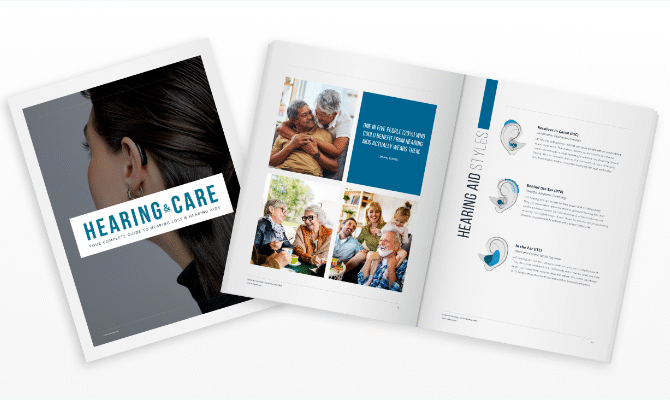Far from being a disease, it’s actually a symptom of another condition. But this doesn’t mean it can’t impact your quality of life. Without treatment, tinnitus can lead to anxiety, depression, social isolation and relationship problems.
Tinnitus treatment
Most people get tinnitus at some point. It usually lasts for a few hours then goes away. If you have a more chronic experience with tinnitus, come and see us.
When you see us at Hearing Well Matters!, we normally check your ears to see if you have an infection or earwax. We’ll ask you questions about your tinnitus, and assess your medical history for information on possible causes. We’ll also check your ears with an otoscope and conduct a hearing test. About 80% of tinnitus cases come with a hearing loss.
Once we have gathered enough information, we can then choose a tinnitus management plan that works for you. Although there is no way to cure tinnitus, there are several ways to treat the condition. Many people successfully manage their symptoms with these methods.
- Sound therapy: If you have ever turned on a white noise machine to deal with your tinnitus, you have engaged in sound therapy. It makes use of sounds to drown out the tinnitus and help the brain focus again.
- Hearing aids: Hearing aids help tinnitus in two ways. It raises the overall sound level which helps diminish the presence of tinnitus. Some hearing aids also come with a bank of sounds designed to manage tinnitus symptoms further.
- Tinnitus retraining therapy (TRT): Also known as habituation therapy, this aims to reconfigure the thoughts you have surrounding tinnitus. You learn to se it in a different way. It uses cognitive behavioural therapy to help you cope with the emotions you feel in a better way.
Once we have prescribed treatment, we’ll check back to see how you are doing regularly. We may advise other treatments to help you deal with tinnitus more effectively.



